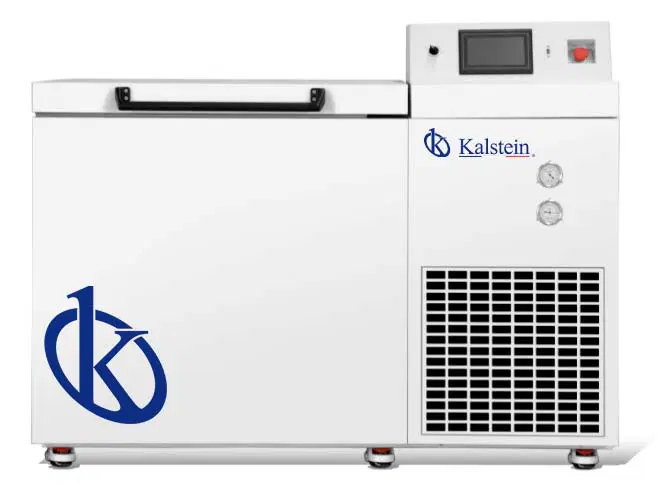A medical product of great importance and especially sensitive to the health emergency caused by COVID-19, are vaccines. Correct cooling makes a difference and can save lives. But why is where and how vaccines are stored so important? In this article we will define what the cold chain is and what are the fundamental differences between a scientific refrigerator and a domestic refrigerator.
Fighting the COVID-19 pandemic poses several challenges. One is the way in which it will ensure that vaccines reach the entire population, because they require very special conditions for their transport and storage. The key is the cold chain.
It should be noted that vaccines are one of the medical products most sensitive to climate change, so it is very important to preserve the cold chain and thus avoid all kinds of unnecessary risks that may hinder your goal: to fight a virus.
What is the cold chain?
The cold chain is the logistical process for the conservation of immunobiological products (vaccines, blood bags, reagents), from the producing laboratory to the user, which includes the steps of reception, storage, distribution and transport, in a timely and efficient manner. , ensuring the preservation of its original characteristics.
Therefore, it is necessary to keep them constantly refrigerated, using adequate facilities and equipment in all cases: national, state, regional or district and municipal / local. Improper handling, faulty equipment, or a lack of electrical power can disrupt the refrigeration process, compromising the potency and effectiveness of vaccines, as well as the health of those who receive them.
Why use a scientific refrigerator to store covid vaccines?
Small temperature variations that frequently occur in domestic refrigerators can compromise the effectiveness of biological products, risking the loss of very valuable material such as vaccines, and with significant costs for institutions.
Research shows a significant number of vaccine losses annually due to poor refrigeration, and up to 35% of vaccines are affected by improper storage.
These high values, together with current quality standards and requirements, make it essential to use scientific refrigeration equipment specifically designed for the storage of these products.
Regarding the vaccine against covid, we have that the doses of Pfizer require prolonged storage at -70 ° C, while those of Moderna must be kept at -20 ° C in the long term. Both can last for shorter periods in a normal refrigerator, where temperatures range from 2 ° C to 8 ° C. Oxford / AstraZeneca vaccine can be stored and transported long-term at normal refrigerator temperatures.
In any of the above scenarios, the application of these vaccines on a global scale requires an enormous expansion in the capacity of the cold chain, so that they remain adequately refrigerated.
At Kalstein, we specialize in the development and manufacture of scientific refrigeration equipment for medical and hospital areas, blood banks, laboratories and scientific research in general. HERE


